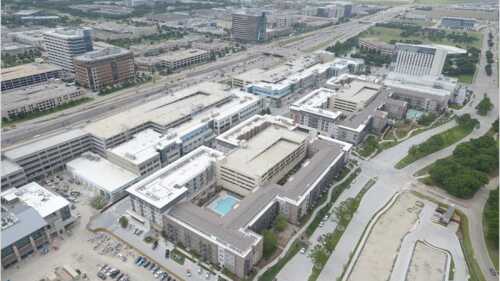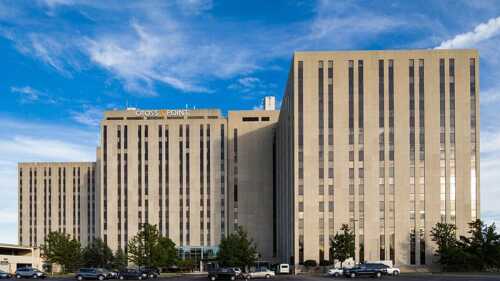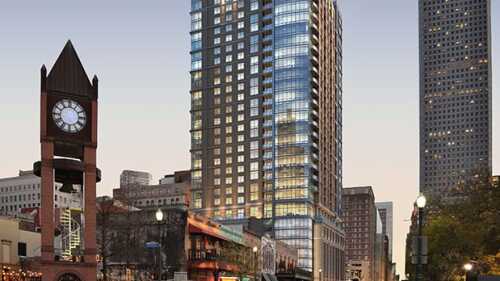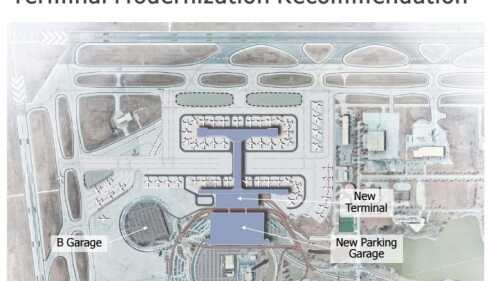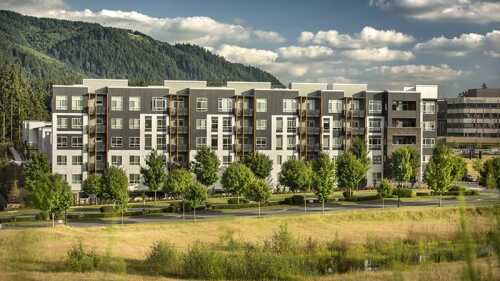Projects – Large Scale
According to a new report from Cushman & Wakefield, flexibile office space could triple in size in the coming years, representing 5 to 10 percent of office inventory in many markets. Investors also believe coworking is well positioned to weather an economic downturn.
An expansive sports and entertainment district—with new residential space—is helping revitalize downtown Detroit.
Strong economic fundamentals, a favorable regulatory environment, and plenty of capital to deploy bode well for real estate investments, acquisitions, and development in 2018.
Hines, which recently opened operations in Athens, offers its view of prospects for an economic recovery following nearly a decade of austerity.
E-commerce’s explosive growth, an emphasis on speeding up supply chain fulfillment, and robust leasing demand among traditional warehouse users are dramatically influencing the industrial property market. Several quarters of healthy absorption and strong rent growth across most U.S. markets not only have turned the cavernous boxes into commercial real estate darlings, but also are driving a warehouse construction boom that is churning out larger buildings designed to enhance rapid delivery.
Innovations in sensors, digital tech, and the “internet of things” (IoT) have created connected buildings that are becoming standard fare today. That evolution in building tech is generating more operating efficiencies—and opening the door to bigger cyber security risks.
Lowell, Massachusetts, received a major boost in ongoing efforts to transform into a center of innovation when Kronos—a homegrown Massachusetts workforce management software and services company—decided to relocate its global headquarters, taking a half-million square feet (46,500 sq m) close to the city’s revitalized downtown.
As the only major U.S. city without formal zoning, Houston has a reputation as a freewheeling place where anything goes. But in truth, a complex patchwork of public and private regulation has evolved to impose order.
If you have ever flown through Kansas City International Airport, you likely have noticed the three stand-alone horseshoe terminals—only two of which are active. Or the lack of food and beverage choices, restrooms, and other amenities near the gates compared with what is available at similar, modern airports.
In the Pacific Northwest, real estate development continues to be powered by a strong and expanding technology sector, where companies like Facebook are taking upward of 1 million square feet (93,000 sq m) of space in Seattle’s South Lake Union neighborhood, doubling its footprint in the city, while Google has leased several hundred thousand square feet of space nearby.


